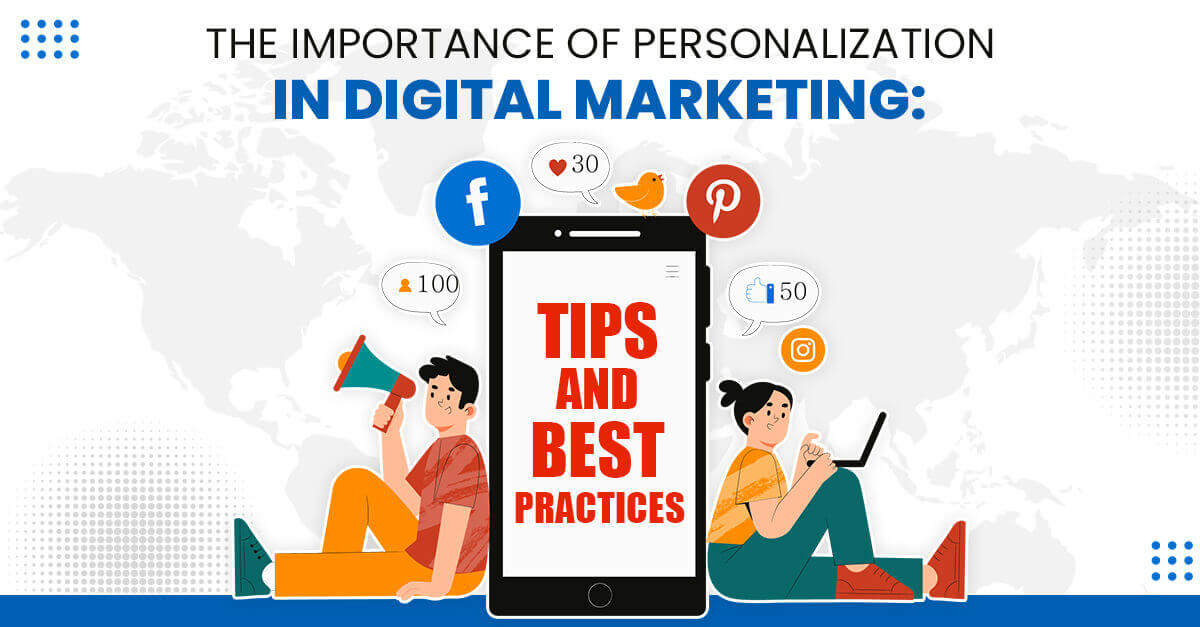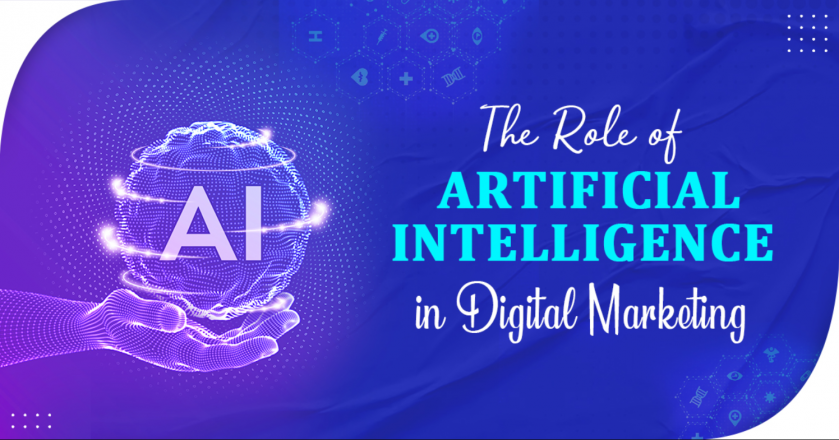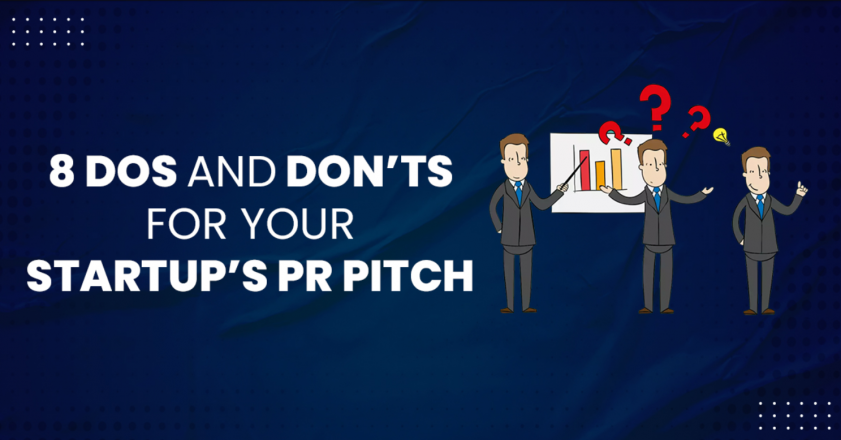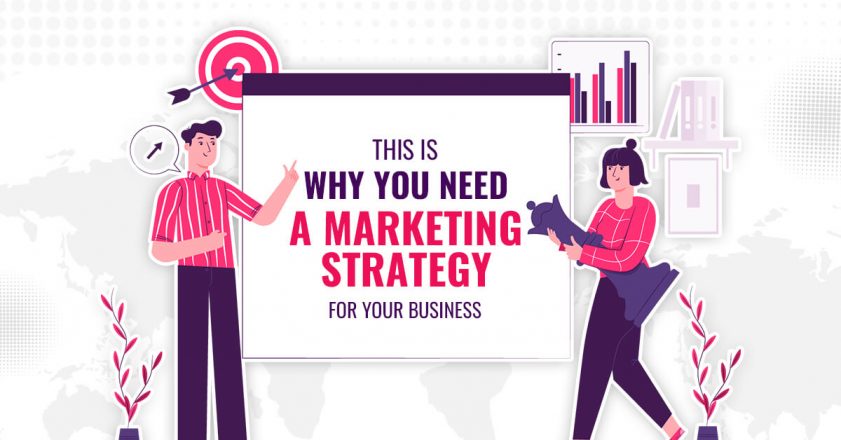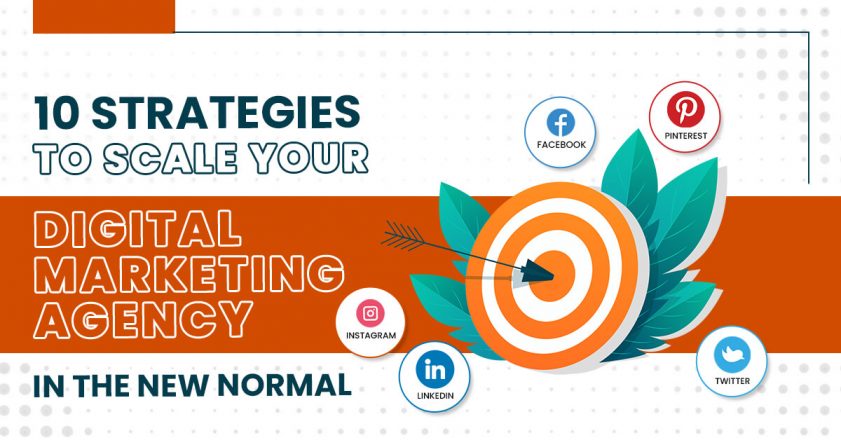In the digital age, customers have come to expect personalised experiences in every aspect of their lives, including their interactions with brands. Personalization in digital marketing is no longer just a luxury; it has become a necessity. By tailoring marketing efforts to individual preferences, interests, and behaviours, businesses can effectively engage customers, increase brand loyalty, and drive conversions. In this blog, we will explore the significance of personalization in digital marketing and provide you with tips and best practices to implement in your marketing strategy.
Understanding the Power of Personalization
According to a study, 80% of customers are more likely to make a purchase when brands offer personalised experiences. Personalization allows businesses to connect with their target audience on a deeper level, fostering trust and building long-term relationships. By leveraging customer data and insights, companies can deliver relevant content, recommendations, and offers that resonate with individual needs and preferences.
Utilising Data to Drive Personalization
Data lies at the heart of personalization. Collecting and analysing customer data is essential for gaining insights into their behaviours, preferences, and purchase history. Verified sources like Forbes suggest that marketers should focus on obtaining permission-based data and employing advanced analytics tools to gain a comprehensive understanding of their customers. By utilising customer relationship management (CRM) systems, email marketing platforms, and website analytics, businesses can gather valuable data to fuel their personalization efforts.
Segmenting your Audience
Segmentation is a key step in personalization. By dividing your audience into distinct groups based on demographics, behaviour, interests, and other relevant factors, you can create targeted campaigns that resonate with each segment. According to a survey by Campaign Monitor, 74% of marketers report improved customer engagement through email personalization based on segmentation. Utilise verified sources like HubSpot and Mailchimp for best practices in audience segmentation and effective campaign execution.
Personalised Email Marketing
Email marketing remains a powerful tool for personalised communication. Using verified sources such as Constant Contact, businesses can leverage automation and dynamic content to deliver personalised emails that speak directly to the recipient. Incorporating the recipient’s name, past purchases, and tailored recommendations can significantly improve open rates, click-through rates, and conversions.
Tailoring Content and Offers
When it comes to
digital marketing, content is king. Personalisation extends beyond just addressing customers by name. It involves creating relevant and engaging content that matches their specific interests and needs. By tailoring offers based on customer preferences, past purchases, and browsing history, businesses can increase the chances of conversion. For example, Amazon sends an email to customers to remind and encourage them to buy the items they have wishlisted. Such personalisation engages customers and helps to boost sales.
Leveraging Artificial Intelligence (AI) and Machine Learning (ML)
AI and ML technologies have revolutionised personalization in digital marketing. These technologies enable businesses to automate data analysis, predict customer behaviour, and deliver personalised experiences in real-time. Experts highlight the growing significance of AI and ML in personalization, recommending the utilisation of recommendation engines, chatbots, and predictive analytics tools to enhance customer experiences. The purpose of artificial intelligence is to enable humans to focus on higher-value tasks. New AI-powered solutions have helped both small businesses and large corporations. For example, instead of wasting time in guessing which ad variant might resonate with each consumer group, artificial intelligence tools can identify the content that can convert your customer using the predictive data.
Conclusion
In an increasingly competitive digital landscape, personalization has become a vital strategy for marketers to engage customers and drive business growth. By utilising customer data, segmentation, and leveraging AI and ML technologies, businesses can deliver tailored experiences that resonate with individuals. Verified sources provide valuable insights and best practices to guide marketers in implementing personalization effectively. Embracing personalization in digital marketing is no longer an option; it is a crucial element for building lasting customer relationships, increasing conversions, and staying ahead in today’s dynamic marketplace.
